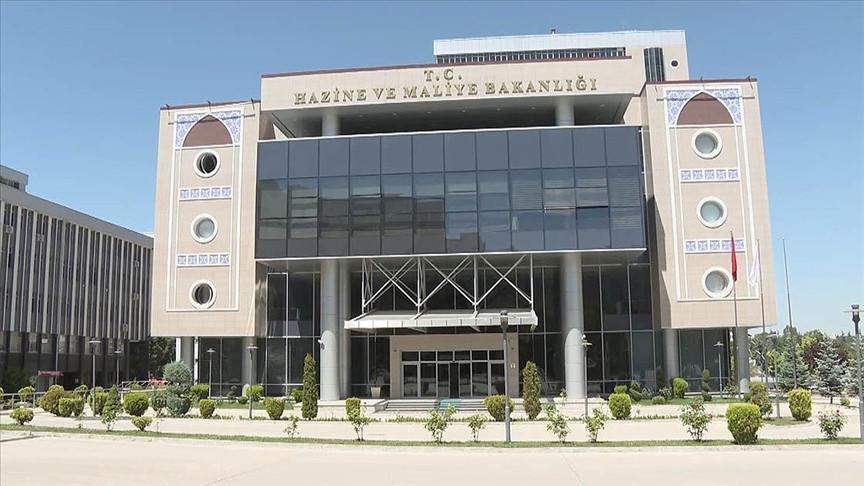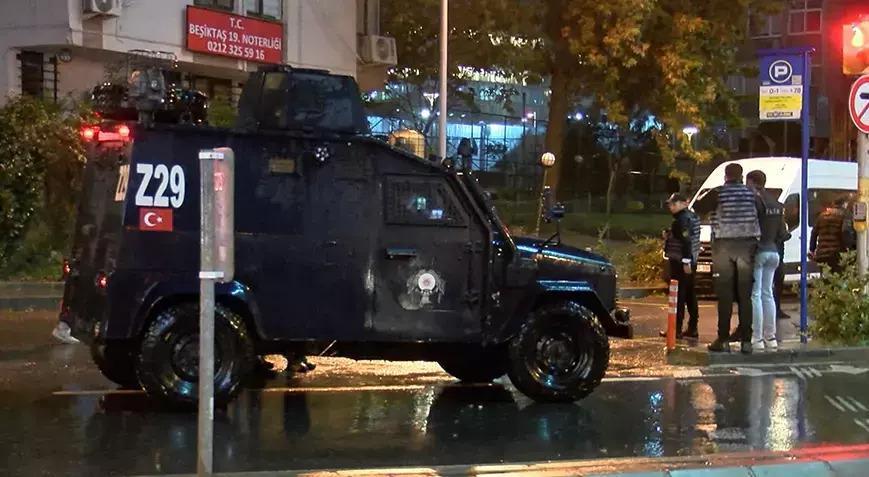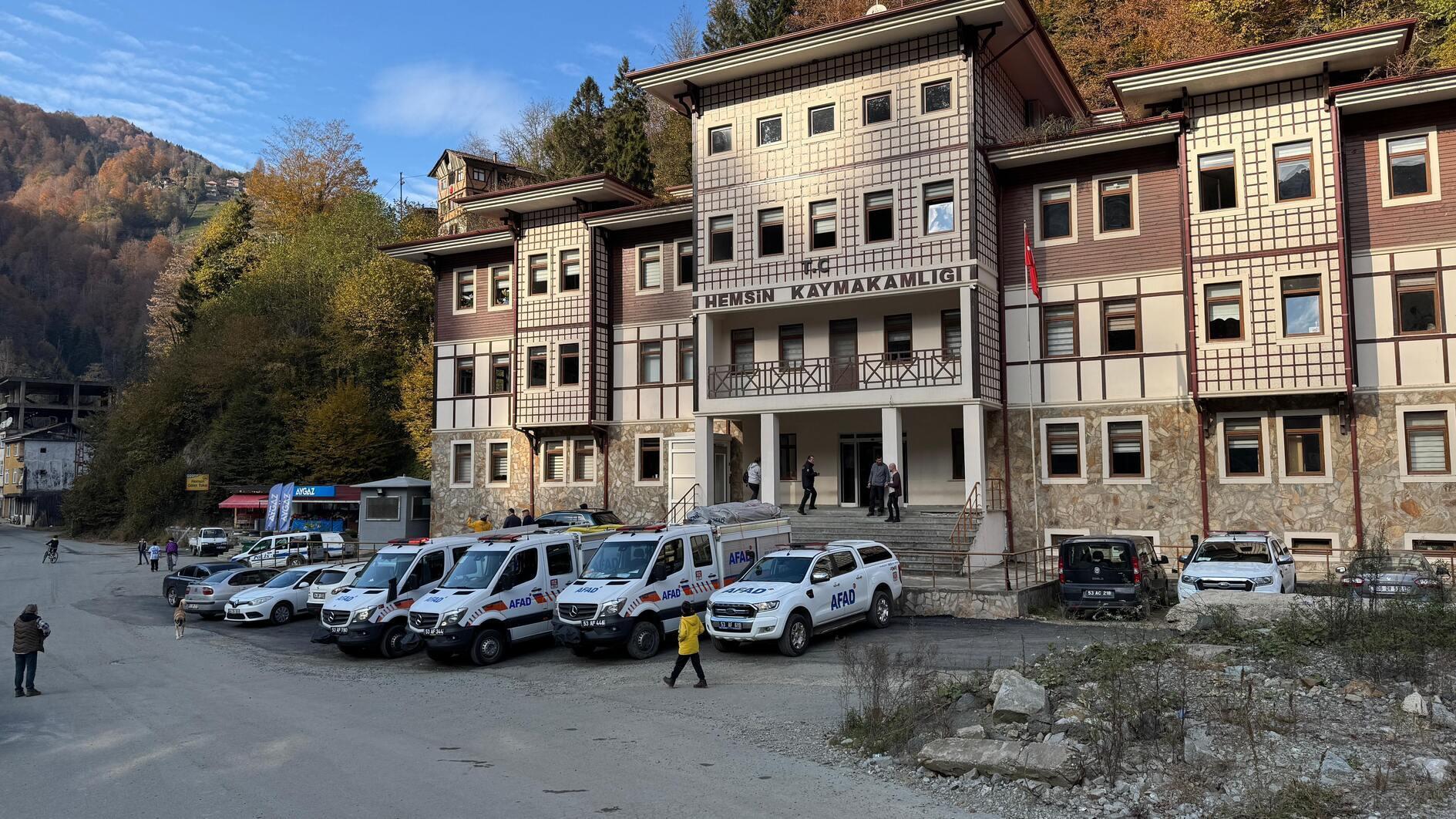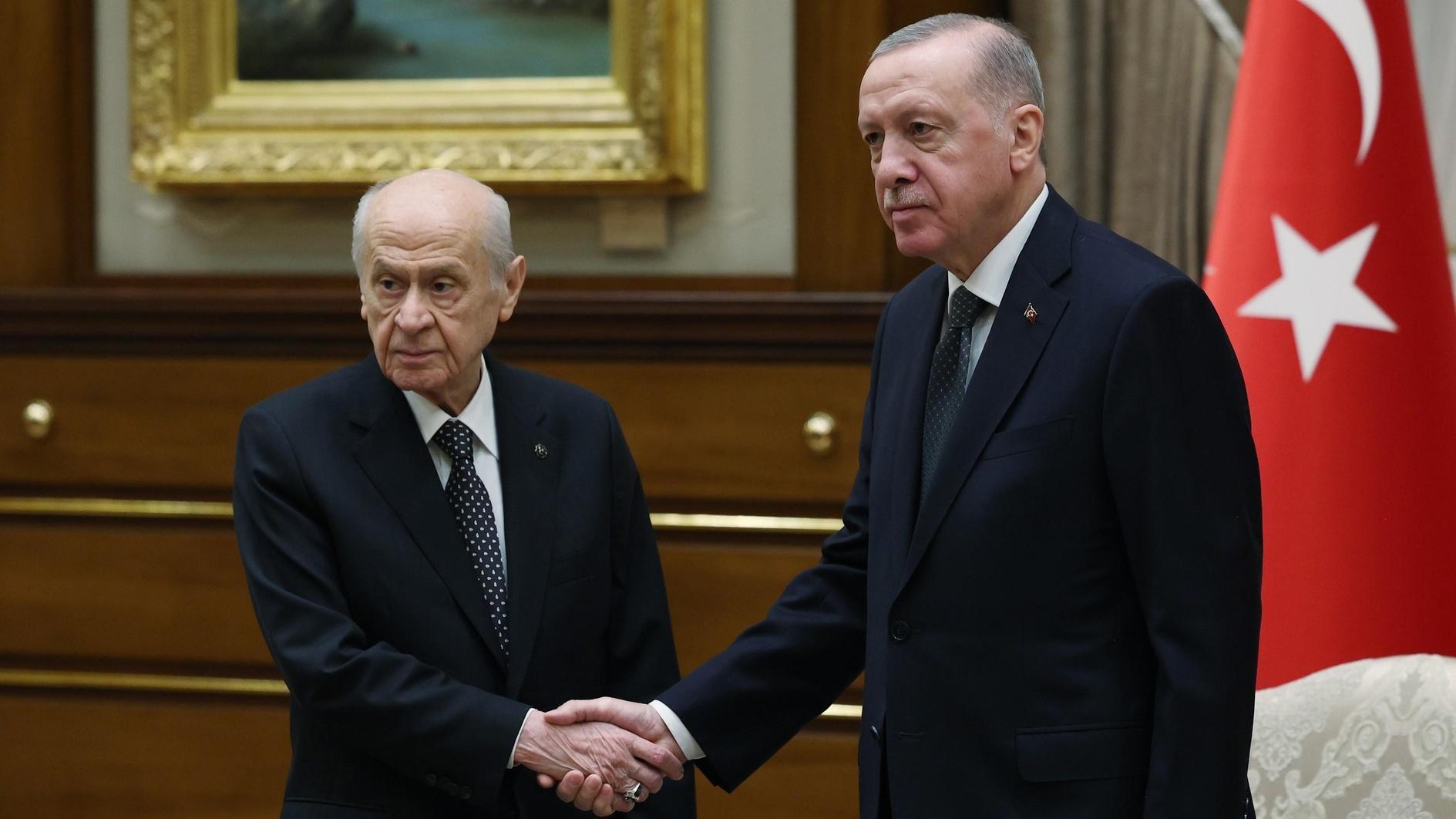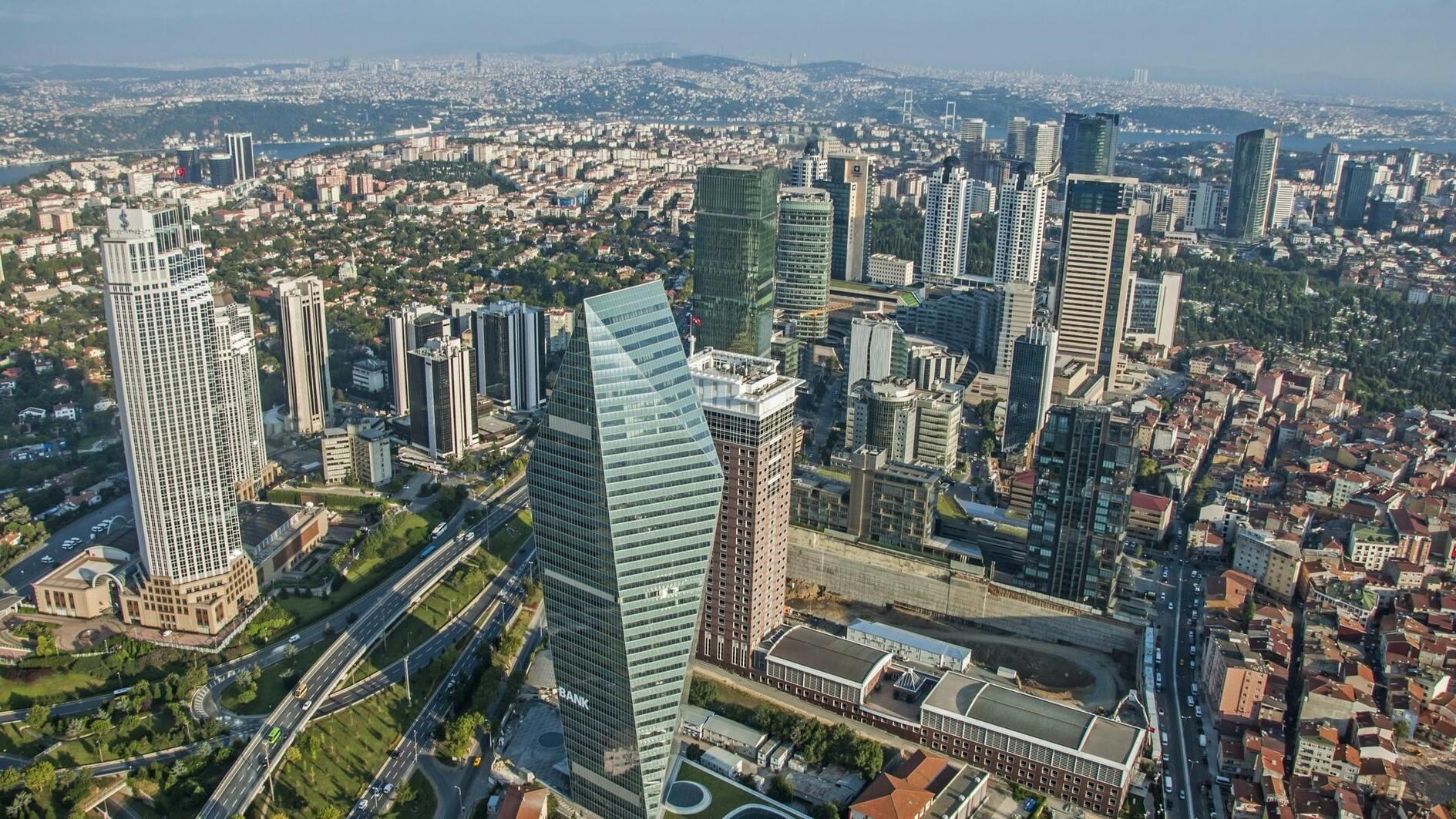Why the HDP must remain in Parliament
Peoples’ Democratic Party (HDP) Co-Head Selahattin Demirtas says his party will have no problems in passing the nationwide 10 percent electoral threshold in the June elections. His fervent calls for the threshold to be reduced, however, reveal a concern that if this does not happen his party may not be able to be a part of Parliament after the elections.
The HDP is preparing to contest these elections as a party this time around, unlike the last time when pro-Kurdish politicians ran mostly as independent candidates in order not to get caught in the threshold net had they ran as a party.
The 10 percent threshold was introduced in the 1990s to keep Islamist and Kurdish parties out of Parliament. The Islamist Justice and Development Party (AKP) overcame that hurdle with its landslide victory in 2002, even though it had criticized the 10 percent threshold as undemocratic.
This threshold has not been an obstacle for it since and therefore the AKP has no qualms about maintaining it for obvious reasons. The votes of any party that remains under the nationwide threshold, even if it may have won significantly in certain districts, goes to the winner in that district.
Put in simple language, if the HDP cannot pass this threshold in June, its votes will go to the AKP. Given this stark fact it is unlikely that the AKP will move to lower the threshold.
The Constitutional Court is to rule soon on the admissibility of individual applications made to it to have the threshold reduced to EU levels. The Court is, however, not expected to accept these applications since the European Court of Human Rights (ECHR) has ruled that a 10 percent threshold, while not in line with European standards of democracy, is not a violation of the European Convention on Human Rights.
The AKP needs all of the votes it can get in June in order to secure a two-thirds majority in Parliament. It needs this in order to be able to fashion a new Constitution that suits its own political requirements without support from other parties. The vote that it accrues as a result of the threshold from the HDP, or any other small party, will therefore be welcome.
It is questionable, however, whether the outcome of a failure by the HDP to enter Parliament will be welcome for the AKP. Kurds who throng to this party in their districts will be deprived of their democratic voices in Parliament.
Prime Minister Ahmet Davutoğlu is adamant that his government will press on with its current peace process, which aims to solve Turkey’s age-old Kurdish problem and the matter of the outlawed Kurdistan Workers’ Party (PKK) that this has spawned.
This peace process is, however, already in intensive care due to developments in Syria, which have resulted in the belief on the Kurdish side that Ankara has abandoned the Syrian Kurds to their fate and even wants their destruction.
It is not hard to imagine how being left voiceless in Parliament will radicalize disenfranchised Kurds and bolster support for violent groups like the PKK. The violence in Turkey as a result of the battle in the predominantly Kurdish town of Kobane in northern Syria, and the recent clashes between PKK supporters and Islamist Kurds, who are inclined toward the AKP, have already shown the negative potential that exists.
In maintaining the 10 percent threshold, the AKP hopes to bring its ideological mission to fruition by writing its own Constitution after the elections. While it is set to win the elections, it is unlikely to get the necessary votes for this. It will find, instead, that the threshold it relies on merely increased political instability making its own rule that much more difficult.



